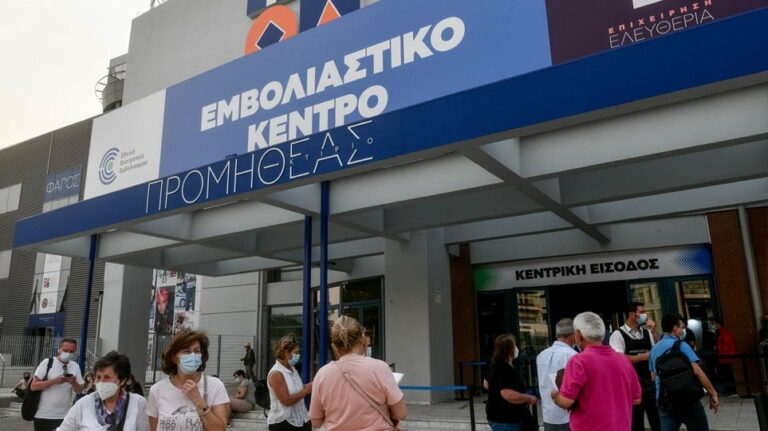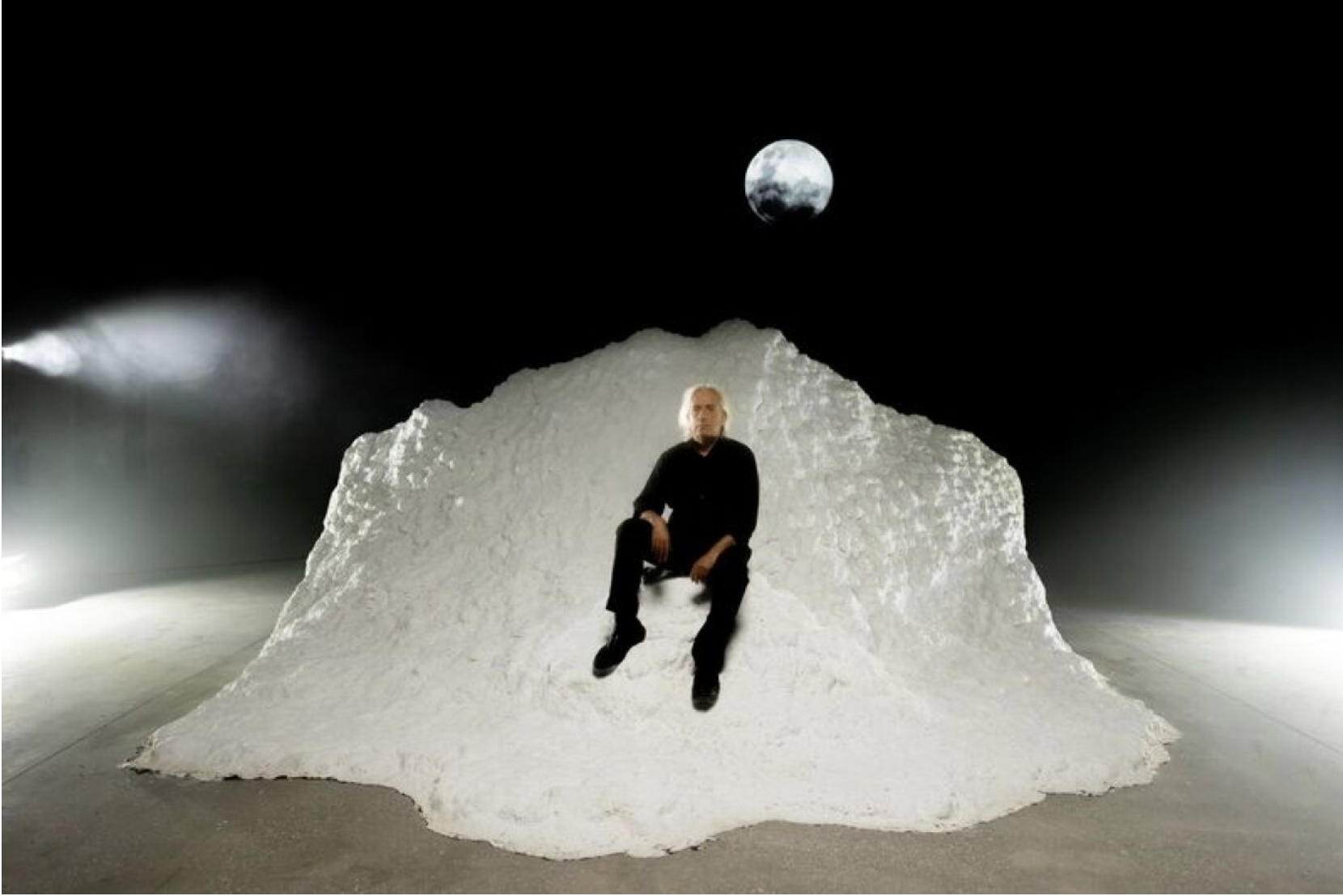The initial optimism for participation in the vaccination, has now subsided, as there seems to be obstacles in the effort to build a wall of immunity in the community against the coronavirus pandemic.
What the scientists point out is the need, as the vaccination moves on, for everyone to make an effort to convince those who hesitate, to be vaccinated.
After all, when a large part of the population will be vaccinated, not only will all the measures left from the lockdown be lifted, but a possible fourth wave of the pandemic by autumn will be avoided.
In any case, the possibility of indirect “pressure” to participate in the vaccination and a series of “privileges” for those who have participated in the process is now under discussion.
Officially, there has been no information as to when this action will start. “Privileges are needed for those who are vaccinated in order to be a clear motivation and to curb the resistance of those who have second thoughts or are attracted by conspiracy theories”, Deputy Interior Minister Stelios Petsas told SKAI Channel yesterday, Sunday.
As he mentioned, since there are vaccines available, the vaccinated people should be given incentives, such as greater freedom of movement inside and outside the country, the opportunity to visit places that are closed now and similar freedoms will be opened.
A key deterrent to initiating such an action was that access to the vaccines, as not all vaccines were available to the general population.
Park in Lausanne named after Ioannis Kapodistrias (photos)
Thus, today seems to be a milestone as access will be open for all vaccines for the ages 24 to 29 and the 18 to 24 will follow.
At present, the experts’ proposals to the government include three main incentives that will be given only to those who have completed the vaccination, i.e. to citizens who have received both doses of the vaccine or one if it is the single-dose vaccine Johnson & Johnson:
– No mandatory self tests
– Entrance to indoor restaurants, i.e. cafes and restaurants
– Lifting restrictions on travel, such as mandatory rapid tests
Ask me anything
Explore related questions





